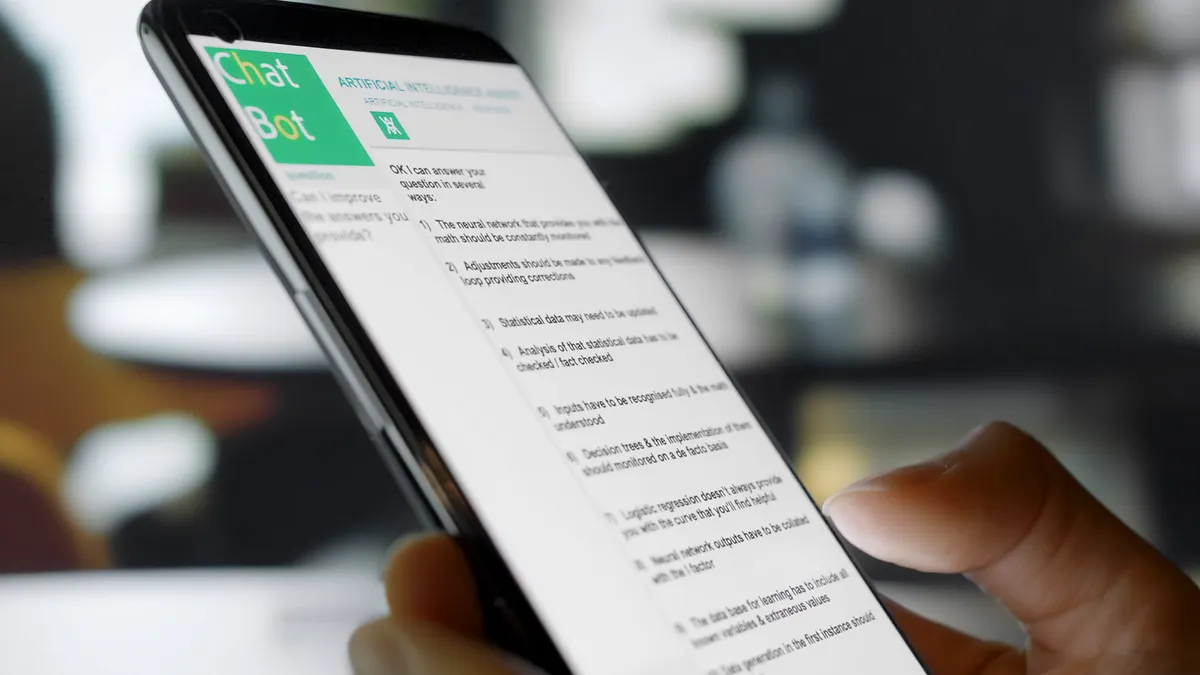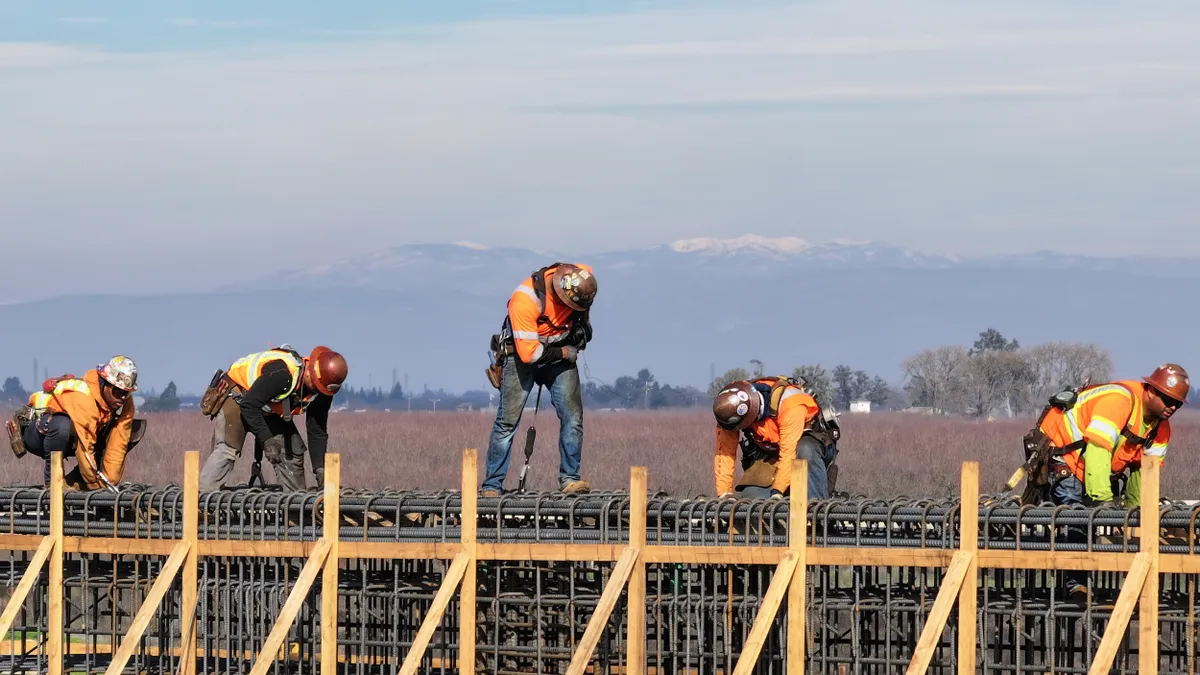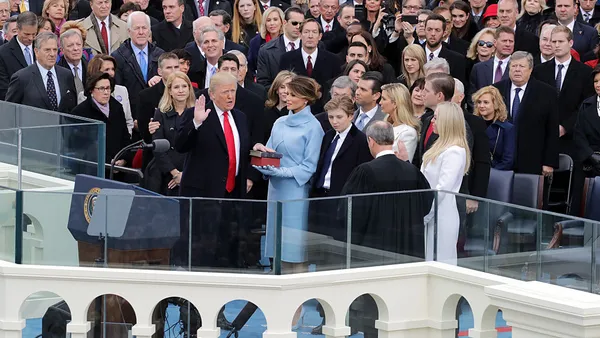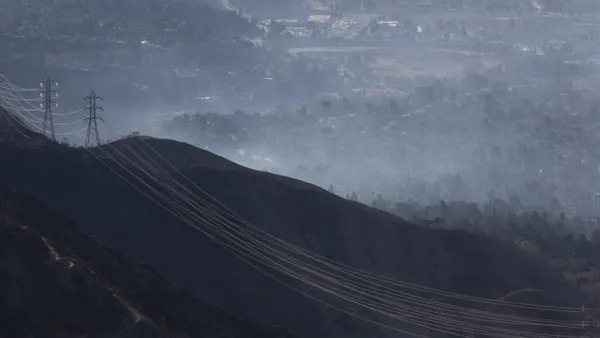Dive Brief:
- Canadian Prime Minister Justin Trudeau announced Thursday that the Canadian government has pledged $1.28 billion toward a near-$6 billion Montreal electric light-rail project, according to the Toronto Star.
- The automated rail line will operate 20 hours a day, seven days a week, and its 27 stations will connect Montreal with its surrounding suburbs and Pierre Elliott Trudeau International Airport.
- The Caisse de depot, Quebec's pension fund manager, has committed $3 billion toward the project, and Quebec will contribute more than $1 billion.
Dive Insight:
Project officials said the light-rail system is on track for completion in 2020, even though the original start date, spring 2017, has passed. The new start date is scheduled for the fall after Canadian lawmakers officially approve the deal between the Caisse, which is the project lead, and the government. Rail representatives had previously forecast ridership to reach 31 million by 2021 and 43 million by 2031.
In November, the Caisse announced that it had narrowed the field of potential construction teams and rail car providers for the light-rail project. At the time, the Caisse said WSP Global|Parsons Brinckerhoff and SNC-Lavalin-Aecon were in competition for the construction portion of the rail project, and Parsons-Hyundai Rotem-Thales Canada, Bombadier Transportation and Alstom Transport Canada-SNC-Lavalin would vie for the rail car contract. Despite asserting that construction will begin in the fall, there is no clear indication that either of these contracts has been awarded.
Light rail is also gaining traction in the U.S. as more major cities look to alternative forms of transportation to ease traffic congestion and reduce noise and air pollution. One major system that is electrifying its lines like the Montreal project is California's Caltrain.
Caltrain's $1.98 billion Peninsula Corridor Electrification Project (PCEP) will see the electrification of rail lines between San Jose, CA, and San Francisco, and the project just secured a $600 million contribution from a California High Speed Rail Authority (CHSRA) bond sale, as the CHSRA's $64 billion bullet train will eventually share those tracks.
The project finally received a $647 million Federal Transit Administration grant after California's congressional GOP delegation tried to scuttle it because of issues they have with how the CHSRA has handled the high-speed rail project thus far.














